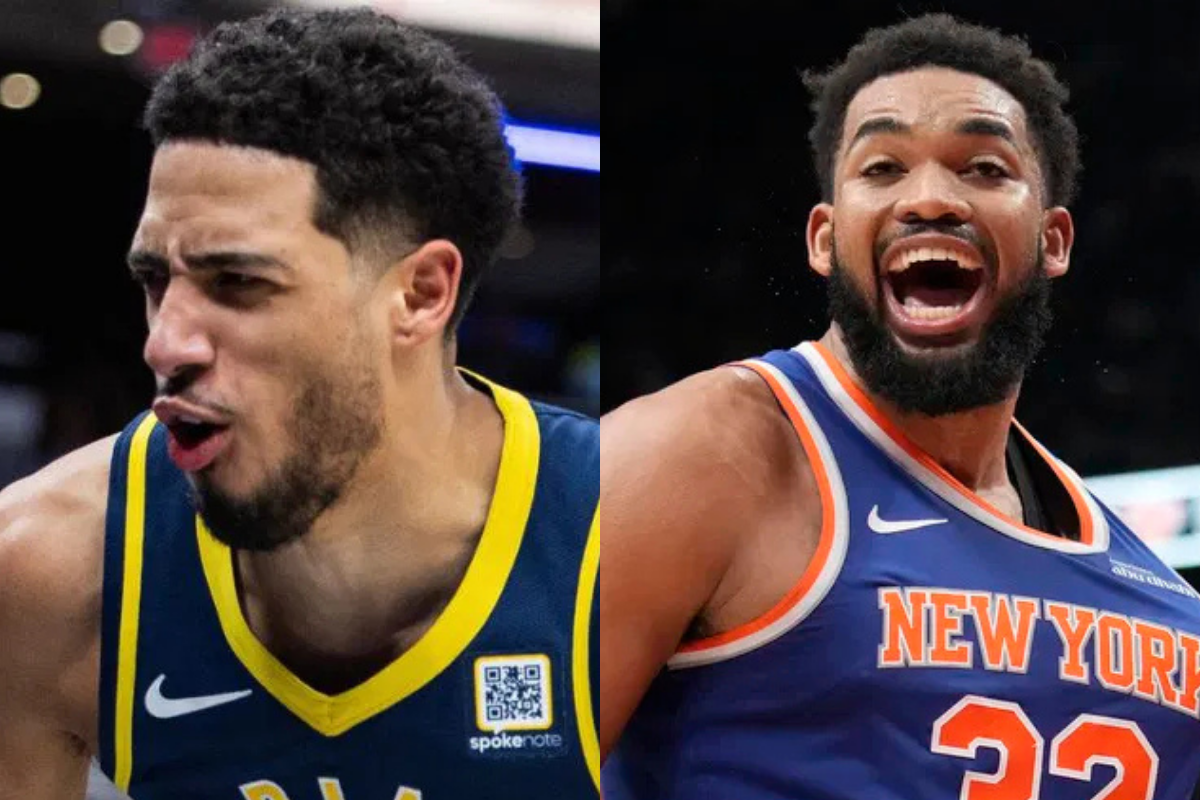
Imago
Image Credits: Imagn

Imago
Image Credits: Imagn
In the NBA, some players fight for legacy. Others? They fight for commas. And in the Detroit Pistons locker room, the celebration seems to be endless this season. The franchise, barely crippling at a 14-68 record last season, became the NBA’s best turnaround story within a year, ending their 2025 run at 44-38 — tying their best record since 2007-08. What more, they even snapped a 17-year streak without a playoff win. And now, the Pistons have yet another reason to celebrate.
Watch What’s Trending Now!
On Friday, the league announced All-NBA selections. And Detroit’s team leader– Cade Cunningham – made the list. And rightly so! The first time All-Star also had a top-10 finish in MVP voting and a third for Most Improved Player and is the first Piston since Blake Griffin (third-team All-NBA in 2018-19) to get the nod. And he has showcased the full range of skills that made him the No. 1 overall pick in the 2021 draft. Through multiple huge outings, his best performance came at Kaseya Center back in March. In the team’s 116-113 comeback win over the Miami Heat, the fourth-year NBA star etched a triple-double with 25 points, 12 rebounds, and 11 assists along with a clutch game-winning three over Bam Adebayo in a stellar season overall.
After an injury-hobbled 2024, he stormed back like he had revenge in his veins, averaging 26.1 points, 9.1 assists, and 6.1 rebounds in 70 games. And his work was reflected in the votes he received. Here’s a look at his votes given by a global panel of 100 sportswriters and broadcasters where he appeared on 99 of 100 ballots.
ADVERTISEMENT
Title in Contention | Votes Received |
| First All-NBA Team | 6 |
| Second All-NBA Team | 50 |
| Third All-NBA Team | 43 |
In fact, Cunningham’s performances were so outstanding that he left some of the proven stars behind as well:
- Cade was just 12 total points (9 from media) behind from a Second-Team honor behind New York Knicks’ Jalen Brunson. (62-50)
- He received more First Team votes than the Second-Team stars Stephen Curry (2), Evan Mobley (1), and Brunson (2).
ADVERTISEMENT
With this honor, Cade joins Tyrese Haliburton, James Harden, Karl-Anthony Towns, and Jalen Williams. The Indiana Pacers point guard received 57 ballots and the New York Center had 92. And this win wasn’t just the voters’ recognition. It was rather a declaration that their game, grit, and grind couldn’t be ignored. And interestingly, it comes with a bag too.
Before the news dropped, the 23-year-old was a rising star with a big extension. And now, he’s $45 million richer, thanks to a few All-NBA votes and a little thing called the Rose Rule, a CBA provision that turns accolades into accelerators for max deals, according to HoopsRumors. It’s a CBA clause named after Derrick Rose that lets young stars boost their rookie-scale extensions from 25% to 30% of the salary cap if they make All-NBA, win MVP, or claim Defensive Player of the Year honors before the extensions kick in. For Cade, that will happen from the start of the next season.
ADVERTISEMENT
Sprinkle in Tyrese Haliburton and Karl-Anthony Towns, and suddenly, we’re talking about over half a billion dollars in validated contracts—all tied to three names on one list. What changed? A new CBA rule that’s turning All-NBA into the NBA’s newest money printer. That All-NBA honor shot his rookie-scale extension from $224 million to $269 million.
Tyrese Haliburton, the Pacers’ maestro and marketing goldmine, locked up his second straight All-NBA selection. While last year’s nod triggered his supermax contract eligibility, this year’s honor confirms his status as one of the league’s elite. His five-year, $260 million contract is also now in full motion. You know the saying: if you’re making others millions, you should be cashing in too. And these players sure did that. Which brings us to another winner.
Karl-Anthony Towns of the Knicks, always in the drama and rarely out of the discourse, rounded out the Third Team. We’re looking at a $500,000 bonus boost for him—his $221 million deal was already locked in from 2022—but the All-NBA placement is a timely reminder: KAT’s still that guy. Through trade rumors, locker room soap operas, turns out, in 2025, All-NBA isn’t just a resume builder. It’s a salary detonator.
ADVERTISEMENT
The All-NBA bonus game is reshaping NBA front offices and how
Sure, $45 million bonuses sound like lottery wins, but this new All-NBA money isn’t just about players cashing in. It’s also forcing GMs and capologists to rethink their every move. With these bonus triggers baked into rookie extensions and supermax deals, teams can no longer treat contracts as static numbers. Suddenly, that All-NBA vote becomes a ticking financial time bomb, lurking in the salary cap calculations years before the ink even dries.
Imagine this: a player breaks out mid-contract, snags an All-NBA nod, and boom—their salary spikes, luxury tax implications skyrocket, and front offices scramble to recalibrate trade packages and roster flexibility on the fly. It’s like playing poker while the rules keep changing. And let’s not forget that the savvy stars and their agents know this leverage all too well. They’re managing careers with an eye on peak performance years that can unleash contract escalators, forcing teams to gamble on sustained excellence or risk crippling payroll headaches.
ADVERTISEMENT
Draft strategies and trade talks now factor in not just talent but potential All-NBA candidacies. Is that young core guy likely to make a team and trigger a $20+ million bonus? Will the organization have the cap space to keep the roster competitive when that happens? These questions are front-office gospel now. The All-NBA list has morphed from a badge of honor into a high-stakes economic lever that shapes the NBA’s very landscape.
Top Stories
NBA Announces Emergency Meeting With Cavs After Luka Doncic Injury: 3 Potential Fixes for Raised Court
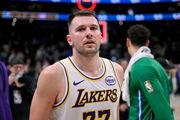
“Deserve Less Money”: Caitlin Clark, Angel Reese Rivalry Drives Strong WNBA Stance From Ex-Volleyball Player
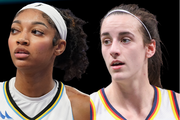
Jordan Brand Under Fire After New Sneaker Reveal Sparks Angel Reese Reebok Comparisons
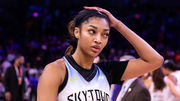
Ex-ESPN Anchor Calls Out a Hidden Caitlin Clark Problem Few Are Acknowledging
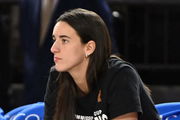
Stephen Curry Makes Personal Announcement After Prestigious Recognition on Thursday
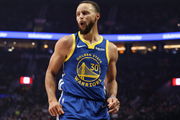
So yes, players chase those honors with a vengeance. But front offices are caught in the crossfire, where an All-NBA nod isn’t just a feather in a cap, but a potential earthquake beneath the salary cap floor. Just ask Cleveland.
Evan Mobley’s Defensive Player of the Year award didn’t just earn him hardware — it activated the same Rose Rule trigger Cade Cunningham hit, bumping his extension to $269 million. Meanwhile, Orlando and Toronto avoided similar financial surges — for now. Franz Wagner and Scottie Barnes signed Rose Rule extensions but failed to earn All-NBA or league honors, keeping their deals at the baseline $224 million. Those are swings of nearly $45 million that front offices have to account for — or brace for.
ADVERTISEMENT
And in Memphis, Jaren Jackson Jr. sits in a uniquely painful spot. A fringe All-NBA case, he finished just outside the threshold, losing his shot at a designated veteran extension. Without a renegotiation, the Grizzlies can only offer him a four-year deal worth $147 million — well below supermax levels. That’s the kind of cap math that turns ballot-counting season into ulcer season for GMs. And them commas? They definitely keep them awake at night!
ADVERTISEMENT
ADVERTISEMENT
ADVERTISEMENT